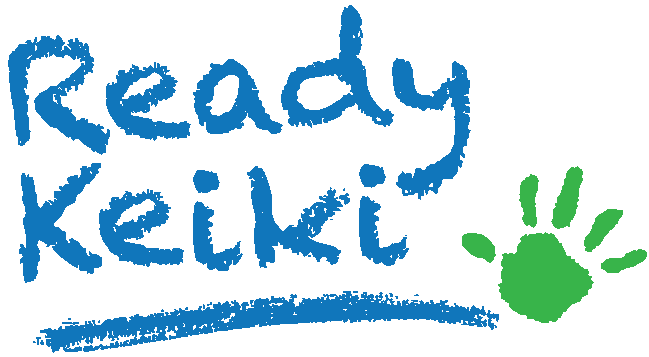Frequently Asked Questions
Background
-
85% of brain development occurs from birth to age 5, preschool provides children with opportunities to develop social, emotional, cognitive, and physical skills. It will also prepare these children to be school ready for kindergarten, which has long-lasting impact on their future education and development.
-
No, Ready Keiki is about expanding access for those who want to enroll their children. We understand that there is always going to be around 20% of families who will choose not to enroll their children in preschool under any circumstance. Families will continue to have the choice in their children’s education.
Workforce
-
The Ready Keiki initiative is looking to build 465 classrooms statewide. With that, there will be a need for more preschool teachers and teaching assistants. With qualifications, you may apply to become a teacher or assistant with the Executive Office on Early Learning.
-
The UH System and Chaminade have great degree tracks to become a certified Pre-K teacher. You may also apply for the 2023-2024 Early Childhood Educator Stipend to help with your education!
Chaminade University in partnership with Kamehameha Schools launched the Muʻo Scholarships providing 150 full-tuition scholarships for their early education pathways.
Expansion of Classrooms
-
Ready Keiki has a map of all the current preschools statewide. You may apply for the schools on their respective websites.
In the Classroom
-
Yes. The EOEL Public Prekindergarten Program enrolls keiki eligible for special education services under the Individuals with Disabilities Act (IDEA) and whose Least Restrictive Environment (LRE) is determined as general education. This Program, which is a partnership between EOEL and DOE, recognizes the value of serving diverse groups of children. Each child brings assets and strengths that contribute to the learning community.
-
No. The EOEL Public Prekindergarten Program welcomes diversity and the many opportunities it affords to all children. The Program enrolls keiki eligible for special education services under the Individuals with Disabilities Act (IDEA) and whose Least Restrictive Environment (LRE) is determined as general education. For those keiki who are not receiving services under IDEA, accommodations and modifications are provided. The EOEL Public Prekindergarten Program, which is a partnership between EOEL and DOE, recognizes the value of serving diverse groups of children. Each child brings assets and strengths that contribute to the learning community.
-
The Executive Office on Early Learning is responsible for the curriculum in the EOEL Public Prekindergarten Program classrooms. The Program fosters each child’s optimal growth and learning in all developmental domains and across academic discipline areas through high-quality early childhood experiences. The Program adheres to high-quality standards. Developmentally appropriate learning experiences are aligned with the Hawaiʻi Early Learning and Development Standards. The curriculum is interdisciplinary and lives within a learning environment that is safe, interactive and language-rich, utilizing inquiry-based and play-based approaches.
